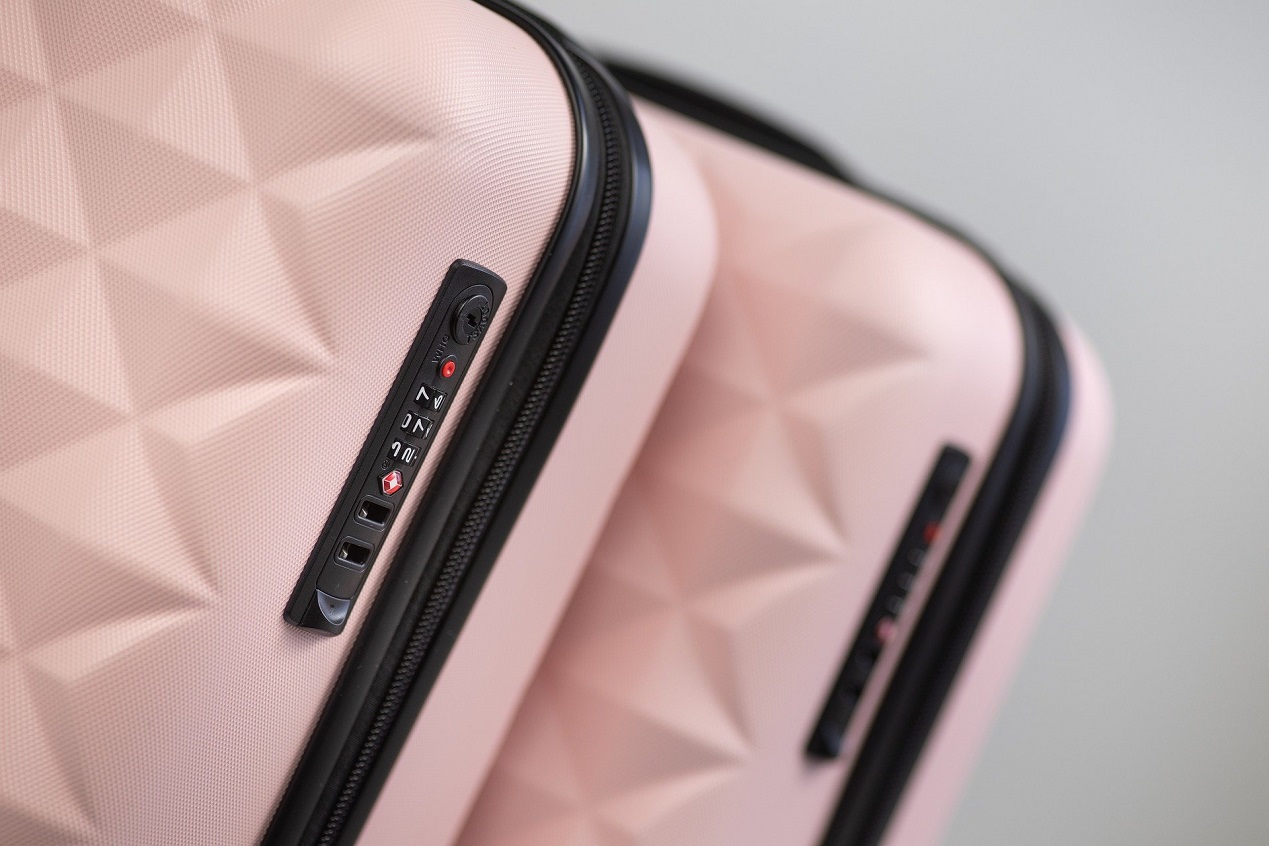Business Travel, Lifestyle
|
Jul 14, 2021
Eight Safety Essentials to Bring on Your Next Trip
There are a few things you can never travel without, such as toiletries, clothing and your phone. While these items may seem like all you need, there are other essentials you should bring on every trip because they’ll help keep you safe. These types of necessary travel items include medicines, first-aid tools and basic safety gear. So, what shouldn’t you forget to pack when it comes to travel safety? Let’s get into it.
1. Clean water

You never know if your destination will have clean, drinkable tap water, or if your stomach can handle the local water when you arrive. Hydration is vital for your body to function properly, even if it isn’t hot outside – and travel is especially dehydrating. Your best bet is to pack plenty of bottled water for yourself and everyone on your trip, so you can safely and easily quench your thirst when the need arises.
2. Prescription medications – more than you think you’ll need
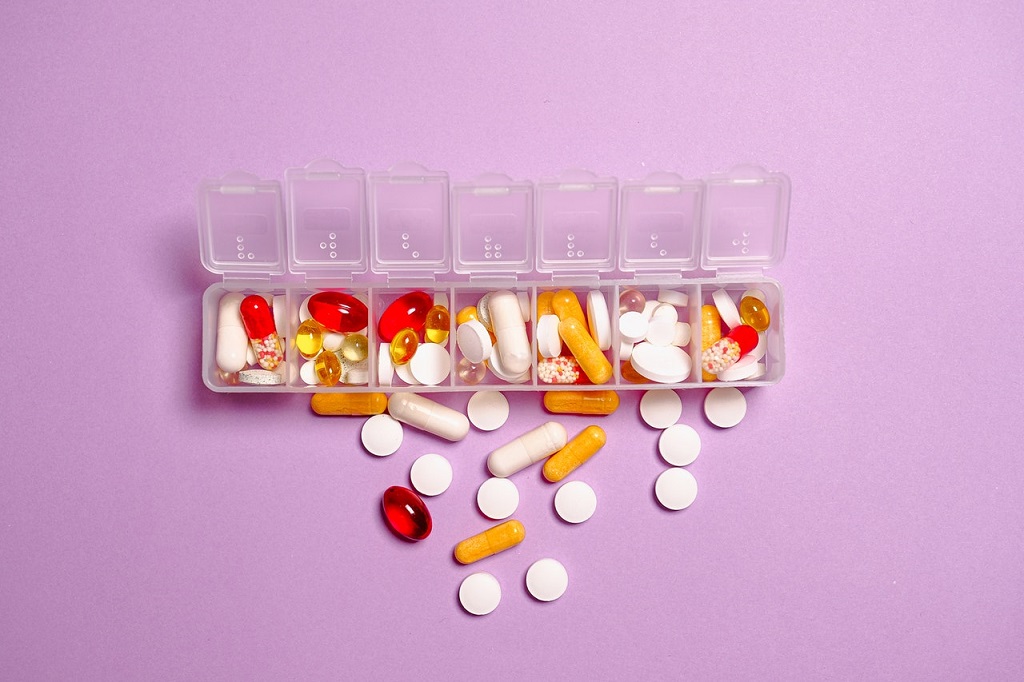
If you have prescription medications that you need to take regularly, it’s important not just to bring them, but to make sure you’ll have enough of them – and then some. Always pack more doses than you think you’ll need, so you don’t find yourself stranded without enough medication. Some travelers like to bring the whole bottle, while others bring an extra week’s worth or so, just in case. You may think you have everything planned out, but you can’t anticipate the unknown – bad weather, flight cancellations, etc. Not to mention, what if you have an opportunity to extend your trip?
3. First aid items
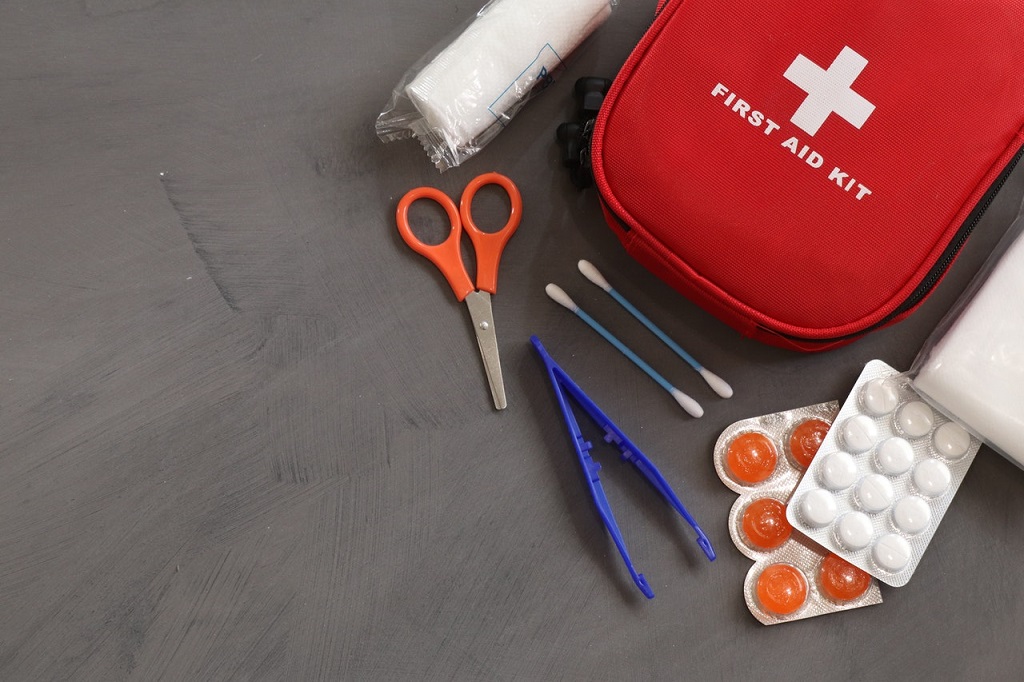
Accidents happen. When they do, you’ll want to be prepared, so your trip isn’t ruined by an injury – even if it’s a minor one. Who hasn’t had a day of exploring soured by a pesky ankle blister?
If you’re driving, you should always have a well-stocked first aid kit stowed away. If you’re flying, you might not bring a fully robust kit, but you should still have some first aid essentials packed away for unexpected situations.
The following are some key items your first-aid pack should include:
• Bandages in several different sizes
• Aloe vera lotion (soothing on sunburns!)
• Anti-itch cream
• Hand sanitizer
• Hot/cold packs
• Rubbing alcohol
• Antiseptic wipes
• Thermometer
• Tweezers
Also, be sure to check your first aid kit for any expired items. It’s a good idea to go through your kit once a year and replace anything that needs replacing.
4. Emergency medical information
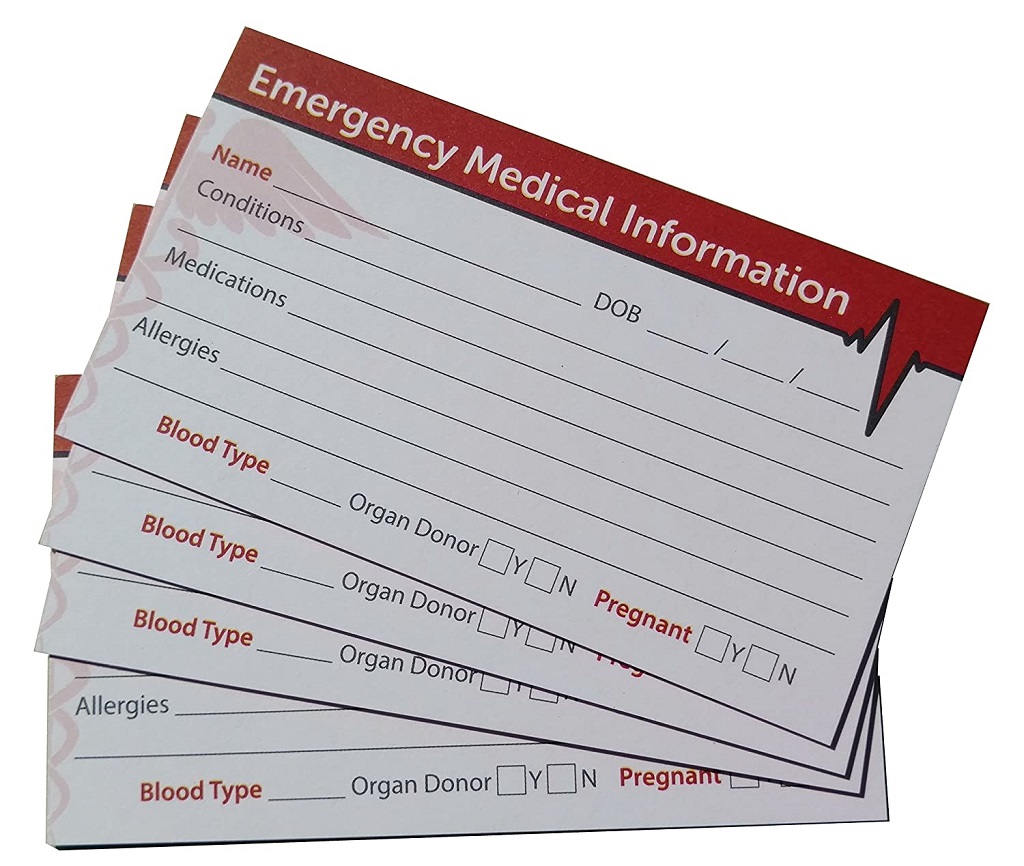
In addition to bringing your ID, you may want to bring a card containing emergency medical information. Make sure it includes your primary care physician’s name and phone number, as well as an emergency contact’s name and number. Other items you may want to include are medications you’re on, allergies, pre-existing conditions, your blood type and if you’re currently pregnant. You can purchase emergency medical info cards on Amazon, or find a similar template online, fill it out and print your own.
5. Multiple forms of payment

Let’s say you lose your debit card during your trip. There’s no way to instantly replace this vital piece of plastic. What would happen if you didn’t bring other forms of payment? Or what if you find yourself at a cash-only restaurant, with no ATMs nearby – how will you pay for your meal? There are dozens of scenarios like these, especially during travel, where you may need a different form of payment than you usually use. It’s a good idea to make sure you have multiple forms of payment, such as cash, debit cards and credit cards.
6. Phone charger or portable battery
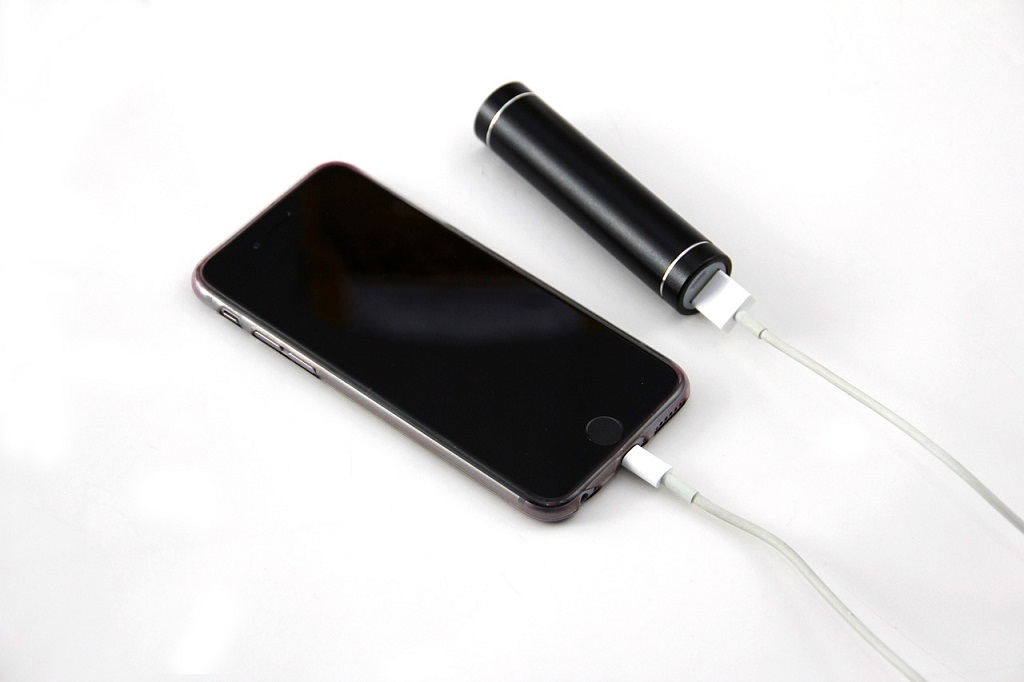
Carry your phone charger with you at all times during your trip. The last thing you want is to find yourself out and about or in a bad situation, only to discover there’s no juice left on your phone. Outlets to plug in your phone and give it a charge are easier to find these days, but if you want to be extra cautious, bring a portable battery as well.
7. Travel insurance

Many people don’t think about travel insurance until something bad happens, and by then, it’s too late to be insured for the incident. If you truly want to protect yourself, you need to obtain travel insurance before you pack your suitcase and leave on a jet plane.
Here are some things most travel insurance plans will take care of:
• Cancellations, delays or interruptions, whether or not they are your fault.
• Medical emergencies. Even if you have health insurance, many foreign medical facilities and providers won’t accept U.S. insurance plans.
• Loss, theft or damage of belongings during your travel.
8. Theft prevention
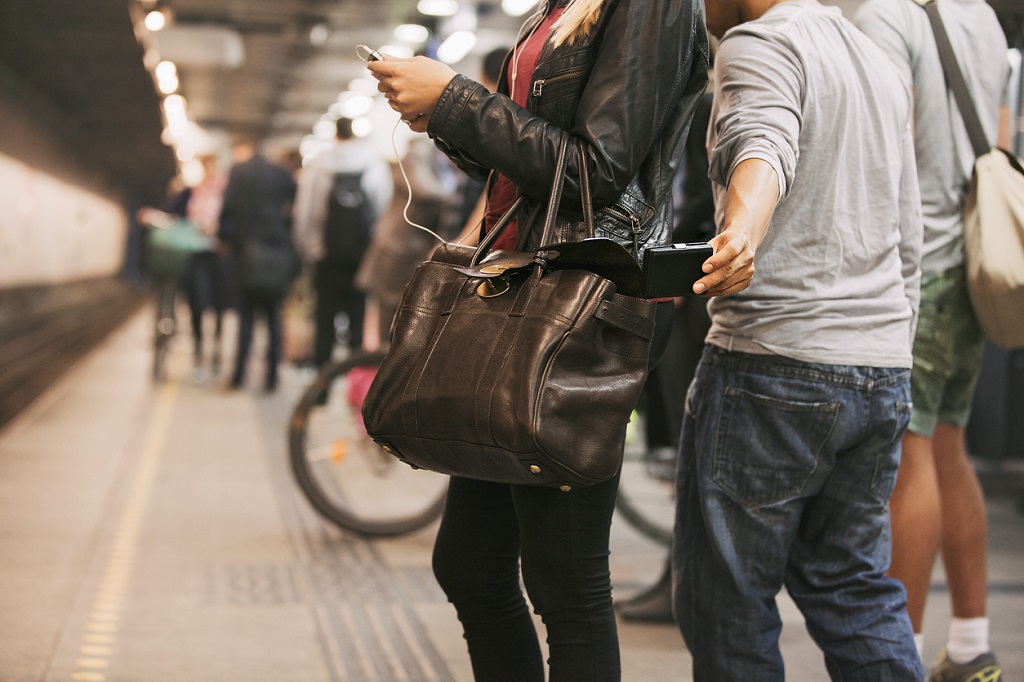
Speaking of theft, you should always have locks on your luggage and baggage to keep your belongings safe. Just don’t forget the key or the combination! It’s also a good idea to watch out for pickpockets. Using a backpack isn’t recommended, as it’s easy to open a backpack and steal items from it without the wearer knowing. Use a fanny pack or pickpocket-proof bag, if you can. If you must use a backpack, buy one that’s pickpocket-proof.
A safe trip is a successful trip. Even if you don’t end up needing or using any of these items, they’ll provide peace of mind throughout your travels, allowing you to relax and enjoy yourself that much more. It’s worth the tradeoff! Of course, you’re going to need somewhere to stay when you get where you’re going, and that’s where Furnished Quarters comes into play. Our fully furnished rentals are great for people on business or leisure travel. Search our available furnished apartments today!

Furnished Quarters is the premier supplier of short-term housing and an accredited LGBTQ+ diverse, privately owned and operated company.
© 2026 Furnished Quarters, LLC. All Rights Reserved.
